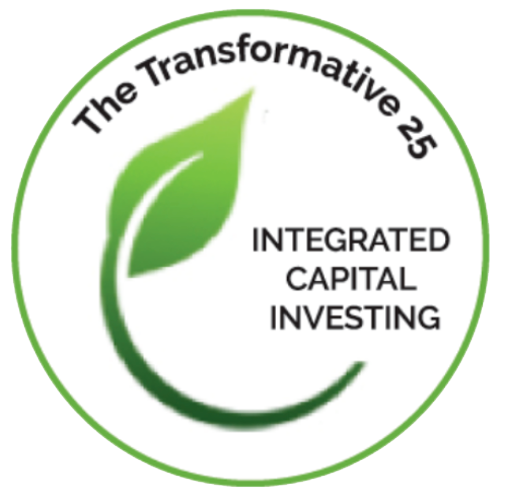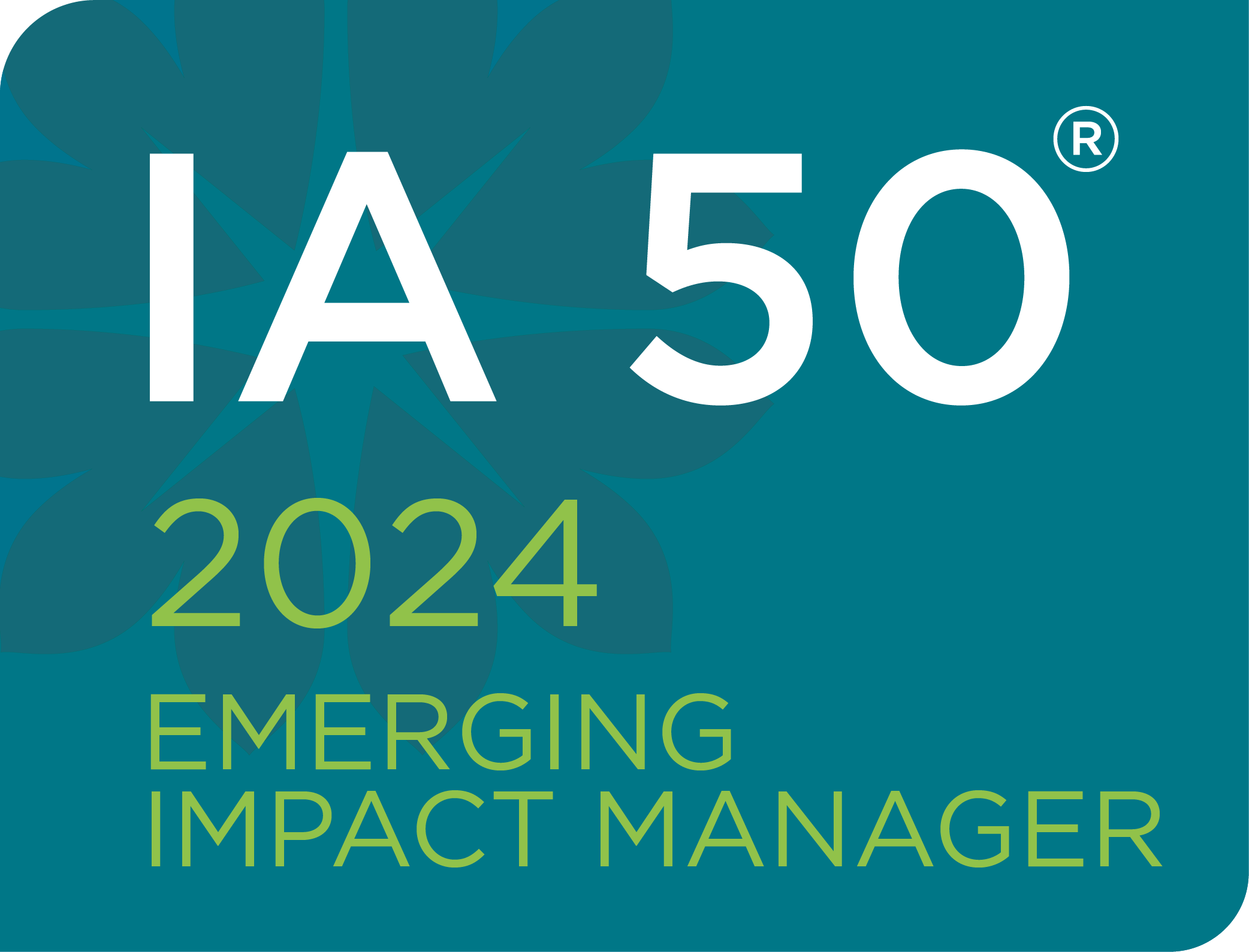Margaret Smith│Worcester Magazine
It was a time for celebration, and a call to action, of looking on a decade of achievements, and looking ahead to fostering leadership including more women seeking public office, in a political climate riddled with turbulence and uncertainty.
It was also a time to recognize a great milestone, Massachusetts Women of Color Coalition, commonly known by the acronym, MAWOCC, held its annual meeting and celebration Saturday at the Beechwood Hotel, kicking off a year of plans as the organizations marks its 10th year.
‘This is what courage looks like’
Keynote speaker Betty Francisco, chief executive officer of Boston Impact Initiative and Amplify Latinx, told of her upbringing as the child of a Puerto Rican mother and Taiwanese father, raised by her mother in Puerto Rico and New York City, and the scorn her mother received when applying for public assistance benefits. Francisco would go on to win scholarships, graduating from Northeastern School of Law. She described her role at Boston Impact Initiative, investing in and providing many types of support for entrepreneurs of color. In cofounding Latinx, Francisco seeks to amplify the voices of Latinx community members.
Along the way, Francisco said she experienced many moments of uncertainty, of taking steps despite her fear of the unknown. She told the gathering any time they took a risk despite any fears, “That’s what courage looks like: the risk to do something new.”




